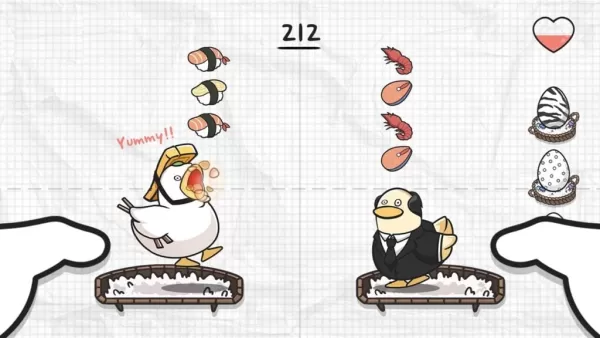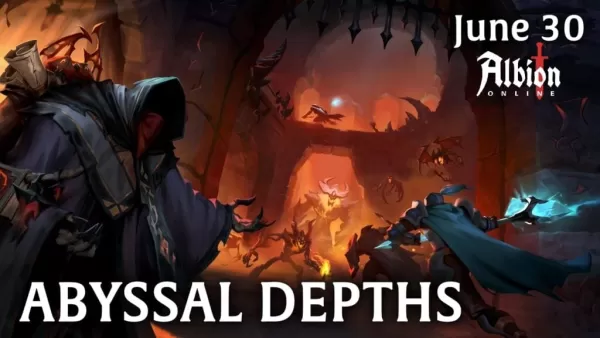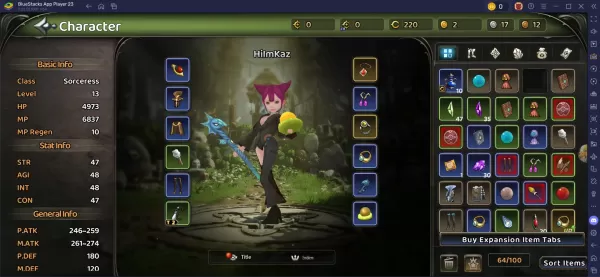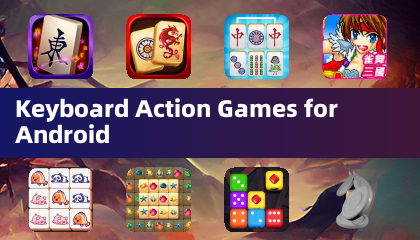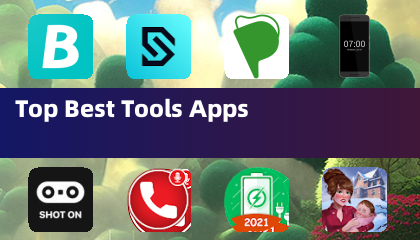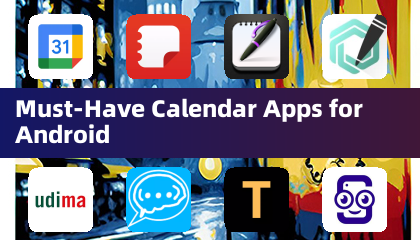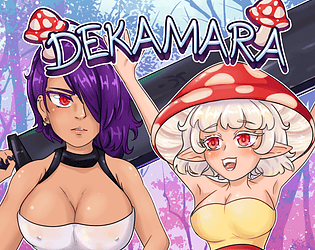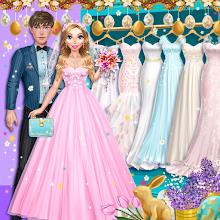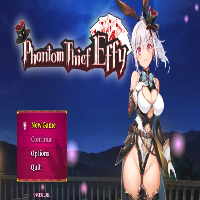The early days of Will Wright's iconic life simulation games were brimming with charming details, immersive mechanics, and quirky surprises that later entries often left behind. From deeply personal memory systems to unique NPC interactions, these lost features were integral to the magic of the original games. As the series evolved, many of these beloved elements faded into obscurity. In this article, we'll take a nostalgic journey back to the forgotten gems of the first two games—features that fans still miss and yearn to see return.
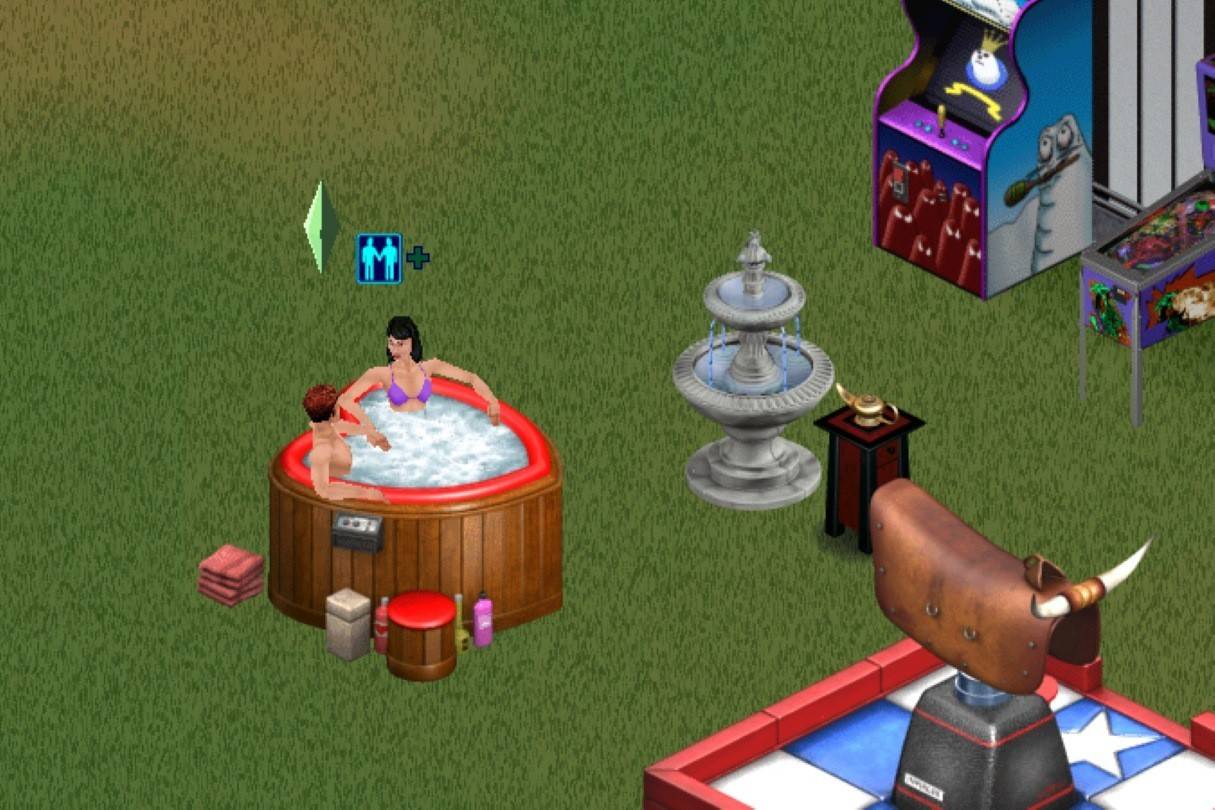 Image: ensigame.com
Image: ensigame.com
Table of Content ---
- The Sims 1
- Authentic Plant Care
- Can’t Pay, Can’t Eat!
- A Genie’s Unexpected Gift
- The School of Hard Knocks
- Realistic WooHoo
- Fine Dining
- Thrills and Spills
- The Price of Fame
- Spellcasting in Makin’ Magic
- Singing Under the Stars
- The Sims 2
- Running a Business
- Higher Education, Higher Rewards
- Nightlife
- The Excitement of Apartment Life
- Memories That Last, Love That Doesn’t
- Functional Clocks
- Shop ‘Til You Drop
- Unique NPCs
- Unlocking Hobbies
- A Helping Hand
0 0 Comment on this The Sims 1
Authentic Plant Care
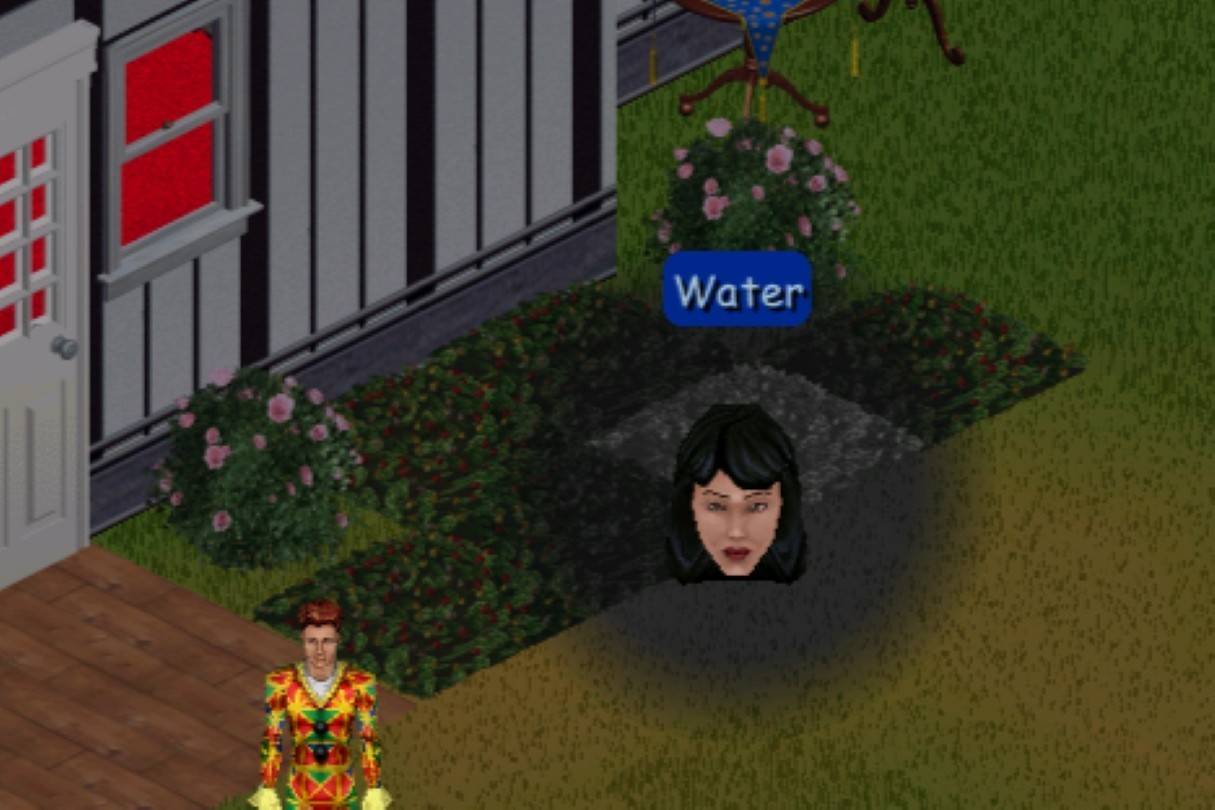 Image: ensigame.com
Image: ensigame.com
In the original game, indoor plants required regular watering to remain vibrant. Neglecting them led to wilting, which not only marred the home's aesthetics but also lowered the "Room" need, subtly urging players to nurture their living spaces.
Can’t Pay, Can’t Eat!
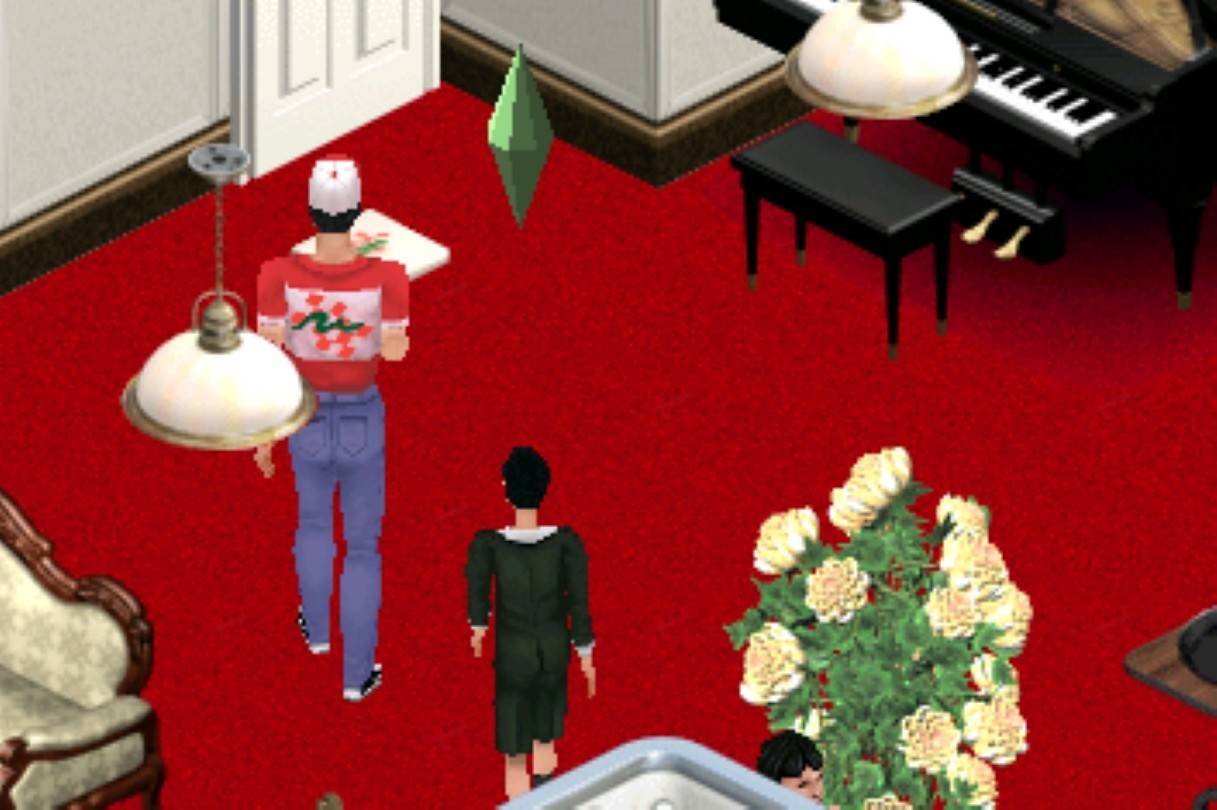 Image: ensigame.com
Image: ensigame.com
Freddy, the pizza delivery man, would show visible frustration if your Sim couldn't pay for their order. Instead of leaving, he'd reclaim the pizza and depart, adding a realistic touch to the game's interactions.
A Genie’s Unexpected Gift
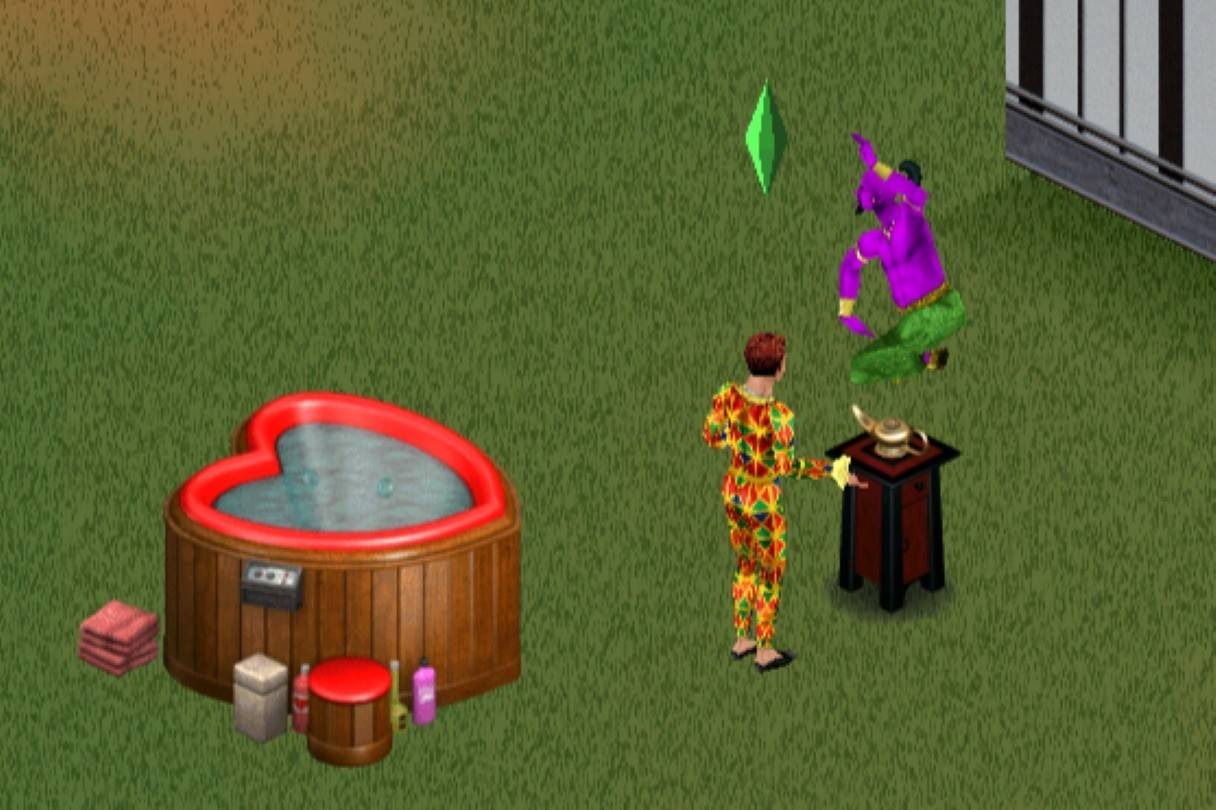 Image: ensigame.com
Image: ensigame.com
The genie lamp, a magical item in the game, could be used once daily to grant various wishes, with effects lasting indefinitely. Choosing the "water" wish could lead to an unexpected surprise—a luxurious hot tub—instead of a simple water-related boon. This twist was particularly impactful during challenges like rags-to-riches, where such an addition could dramatically alter gameplay.
The School of Hard Knocks
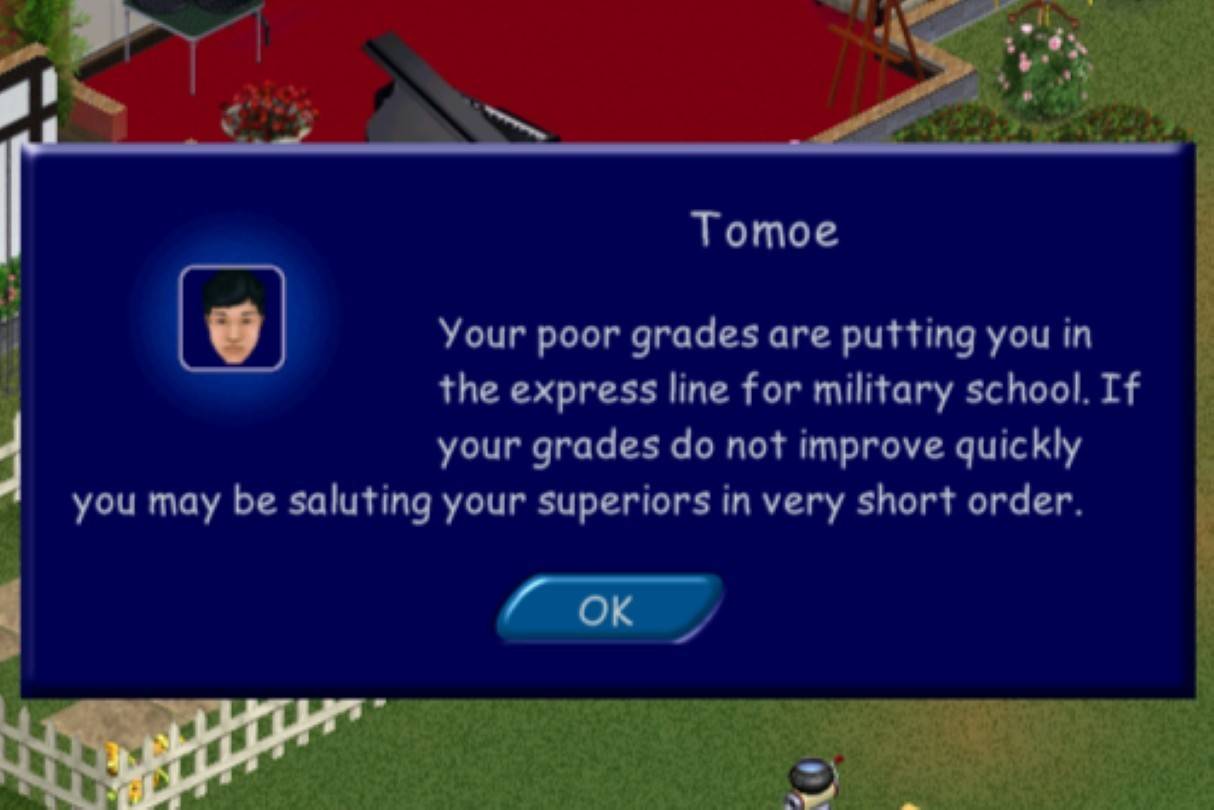 Image: ensigame.com
Image: ensigame.com
Education was pivotal in Sims' lives, influencing both their future and immediate circumstances. High academic performers were rewarded with monetary gifts from grandparents, while poor performers faced the harsh consequence of being sent to military school, effectively removing them from the household permanently.
Realistic WooHoo
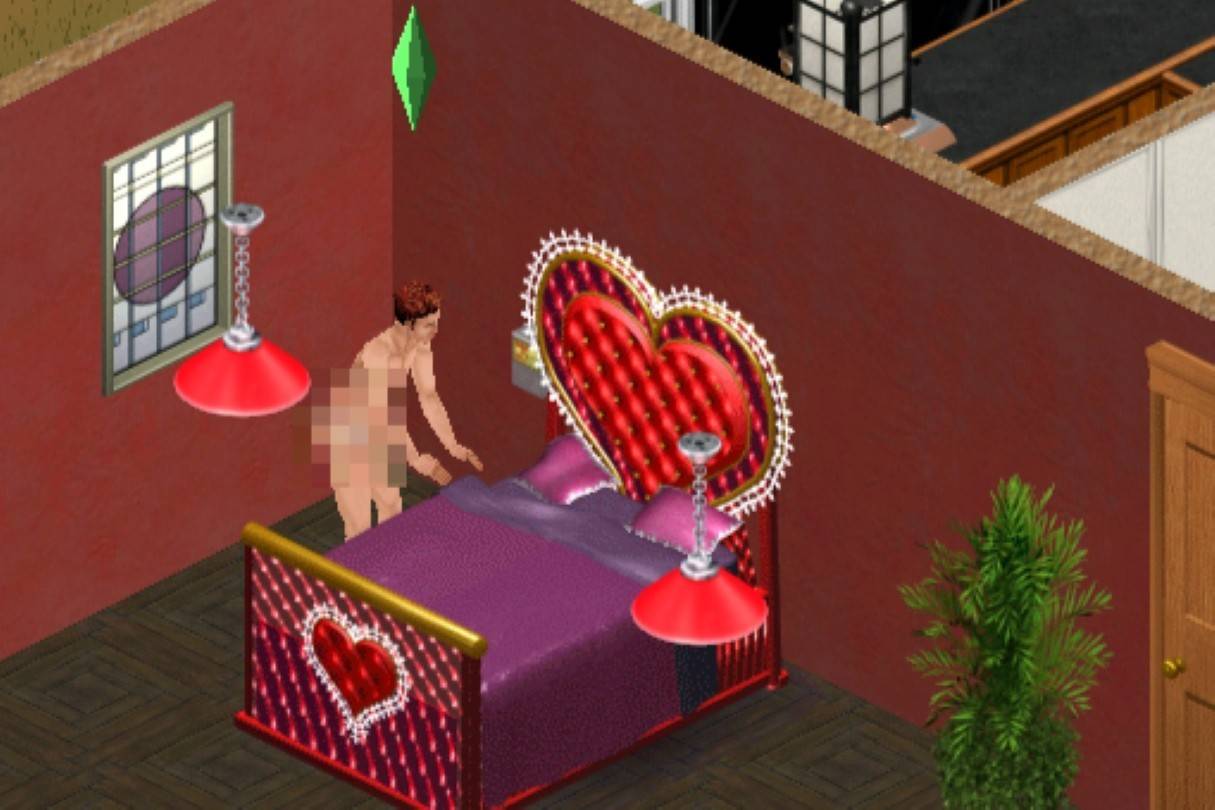 Image: ensigame.com
Image: ensigame.com
WooHoo was portrayed with surprising realism for its time. Before the act, Sims would undress, and afterward, their reactions varied widely—from tears of regret to cheers of joy, showcasing a range of emotions.
Fine Dining
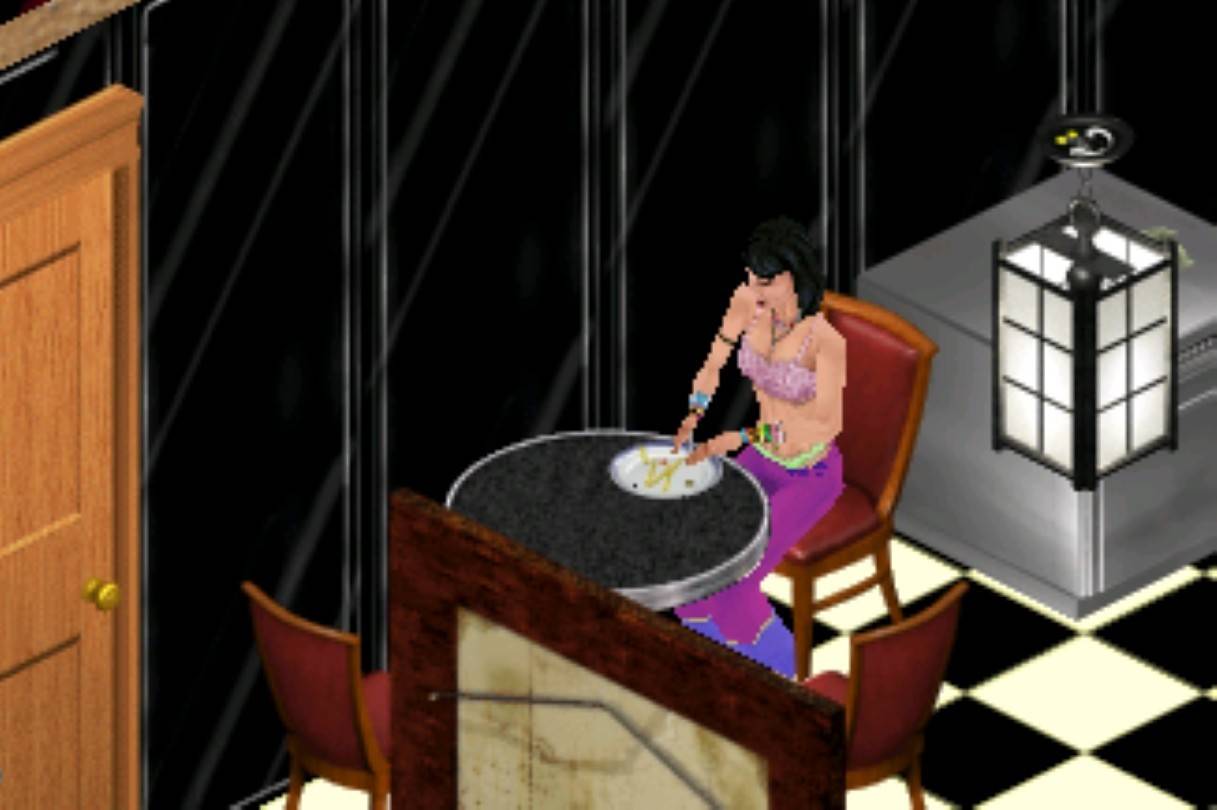 Image: ensigame.com
Image: ensigame.com
Sims demonstrated sophistication by using both a knife and a fork while eating, a detail later entries simplified. This feature is fondly remembered for its attention to detail.
Thrills and Spills
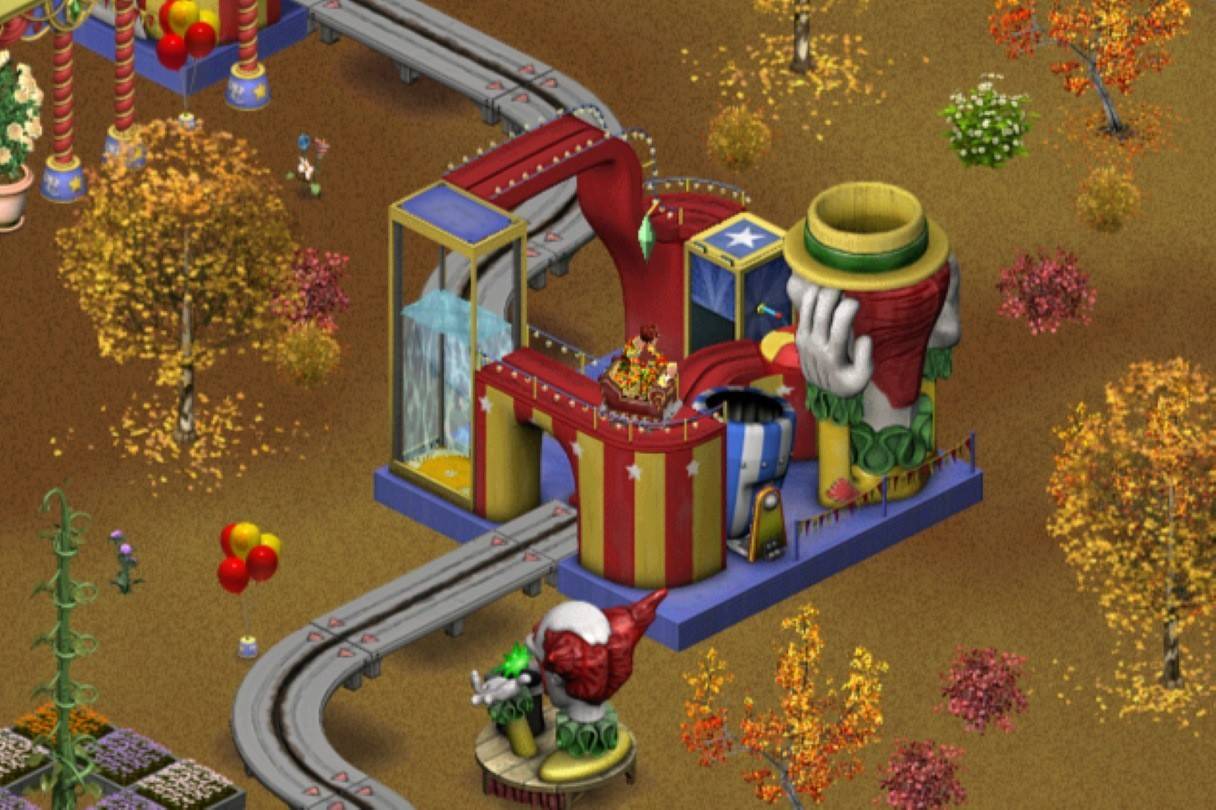 Image: ensigame.com
Image: ensigame.com
In The Sims: Makin’ Magic, roller coasters became a thrilling entertainment option. Magic Town offered two distinct rides: one in Clowntastic Land with a circus theme, and another in Vernon’s Vault with a haunted house aesthetic. Players could also build their own roller coasters on community lots, spreading excitement throughout the Sims' world.
The Price of Fame
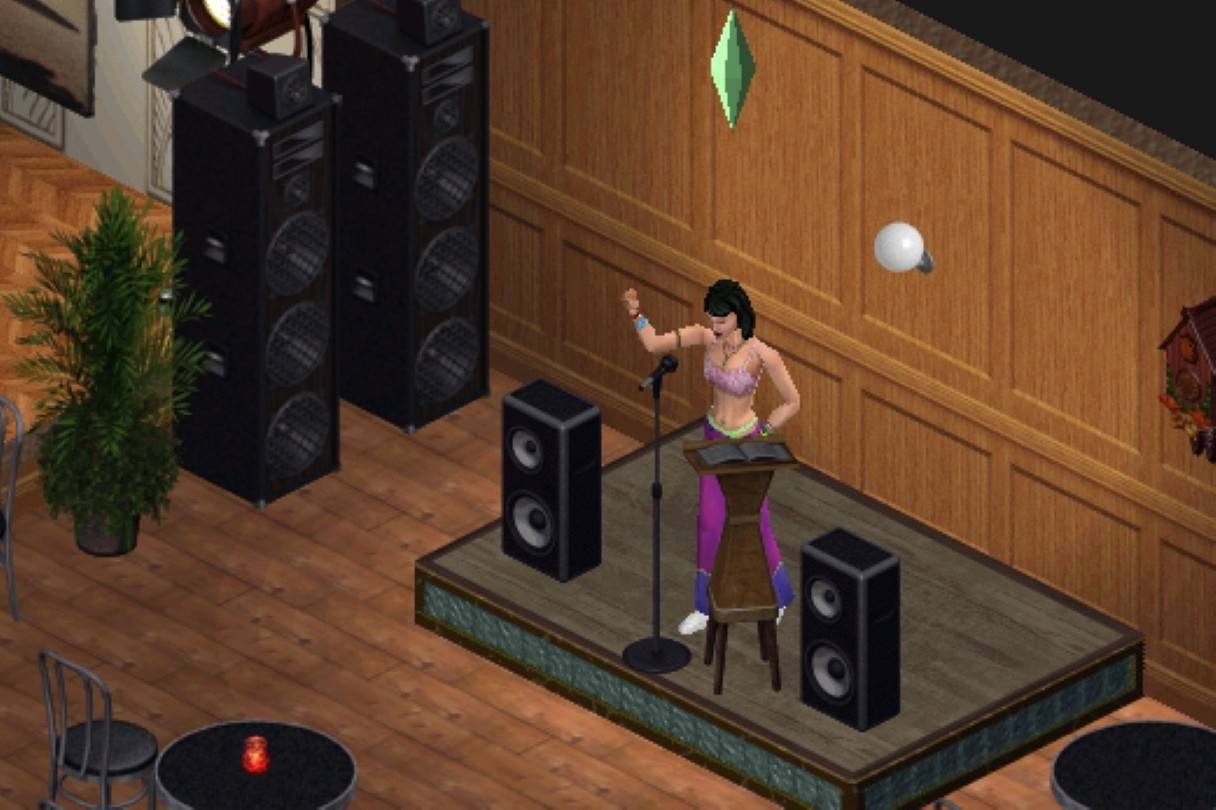 Image: ensigame.com
Image: ensigame.com
In The Sims: Superstar, Sims pursued stardom through the SimCity Talent Agency. Fame was measured by a five-star Star Power system, influenced by performances in Studio Town. Success in acting, modeling, or singing boosted their ranking, while poor performances or neglect could lead to a decline. Missing five days in a row risked being dropped by the agency, emphasizing the fleeting nature of fame.
Spellcasting in Makin’ Magic
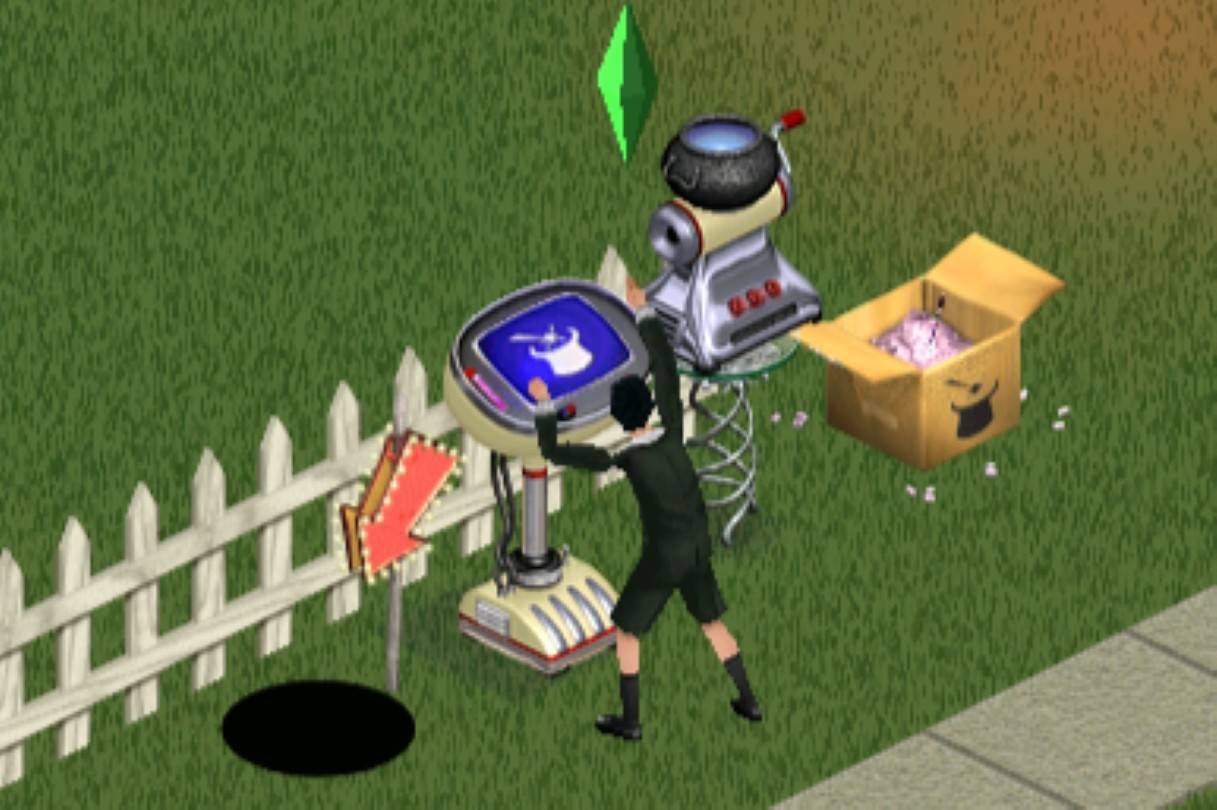 Image: ensigame.com
Image: ensigame.com
The Sims: Makin’ Magic introduced a spellcasting system where Sims crafted spells and charms from specific ingredients. Documented in The Start Here Spellbook, this feature included distinct spells for adults and children, making it unique among Sims games.
Singing Under the Stars
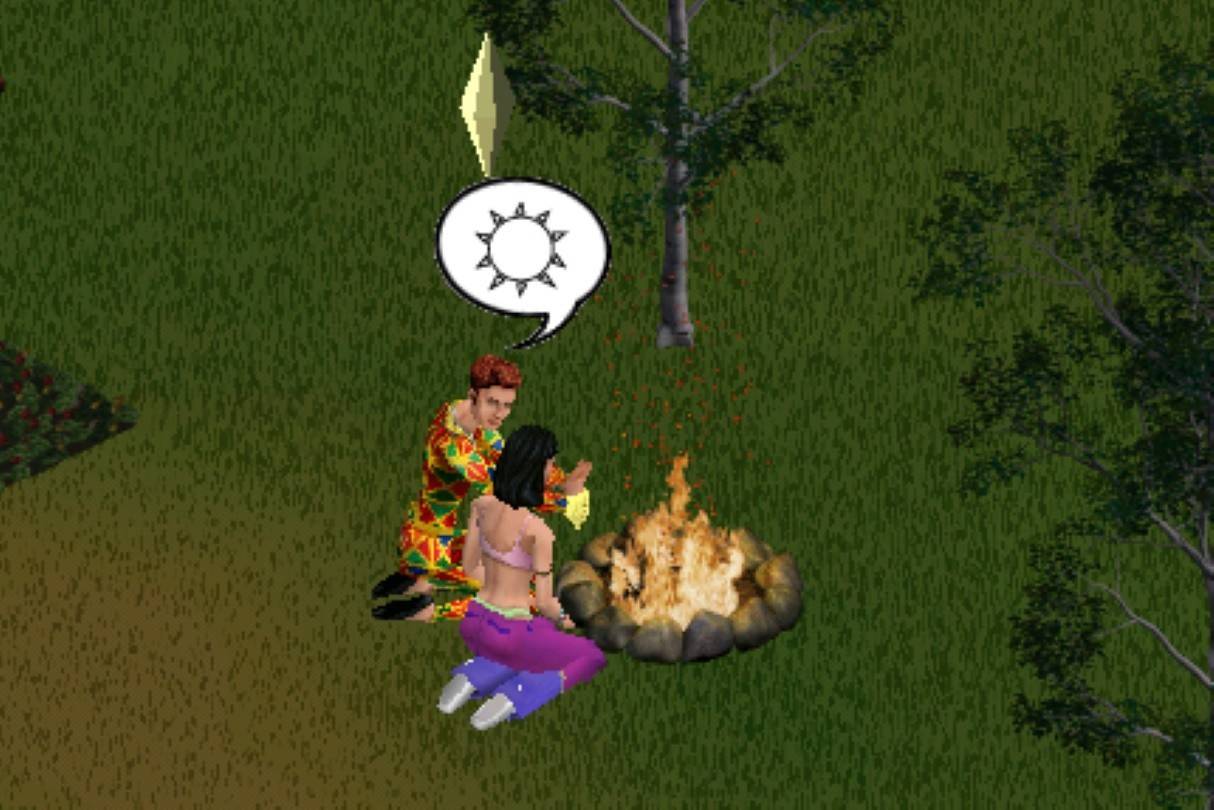 Image: ensigame.com
Image: ensigame.com
Around a campfire, Sims could sing folk songs, choosing from three melodies. These singalongs added a charming social element, enhancing the outdoor experience.
The Sims 2
Running a Business
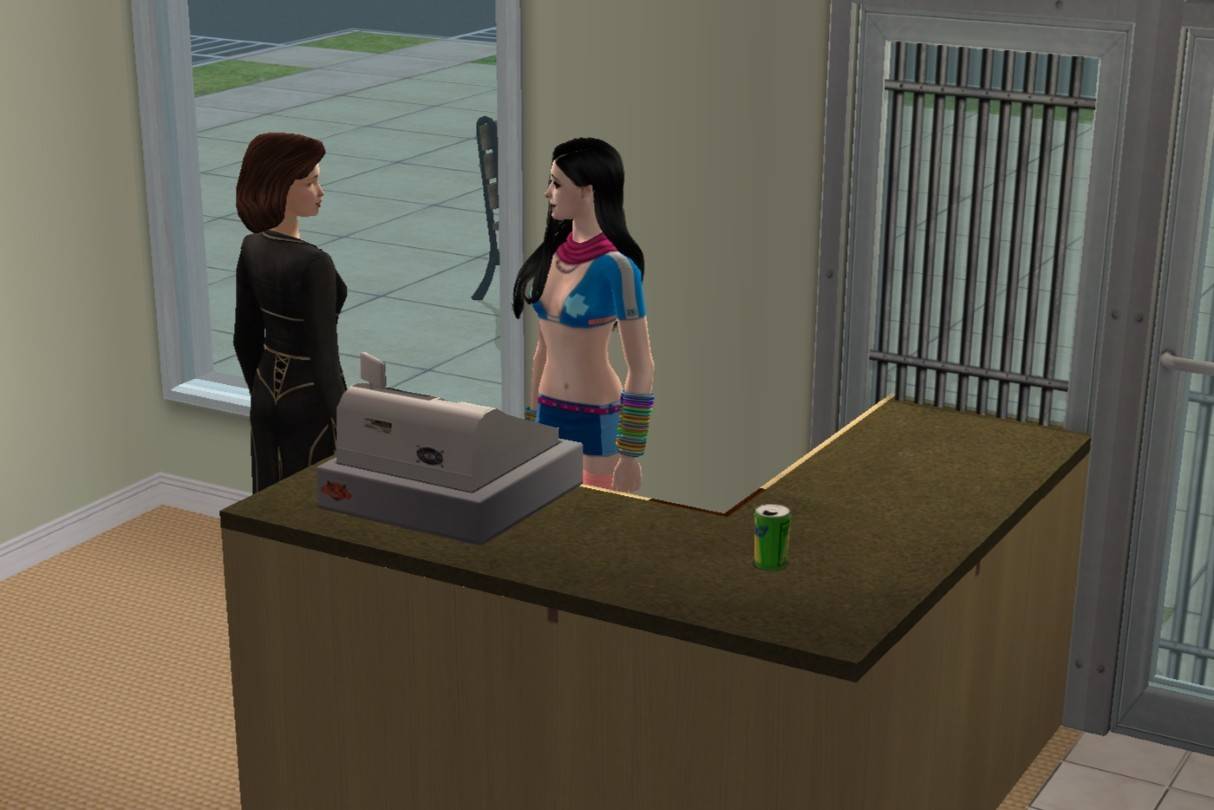 Image: ensigame.com
Image: ensigame.com
For the first time, Sims could become entrepreneurs, opening businesses from their home or dedicated venues. From fashion boutiques to restaurants, the possibilities were vast. As businesses grew, Sims could hire employees, though managing staff motivation was crucial to maintain profits.
Also read: 30 best mods for The Sims 2
Higher Education, Higher Rewards
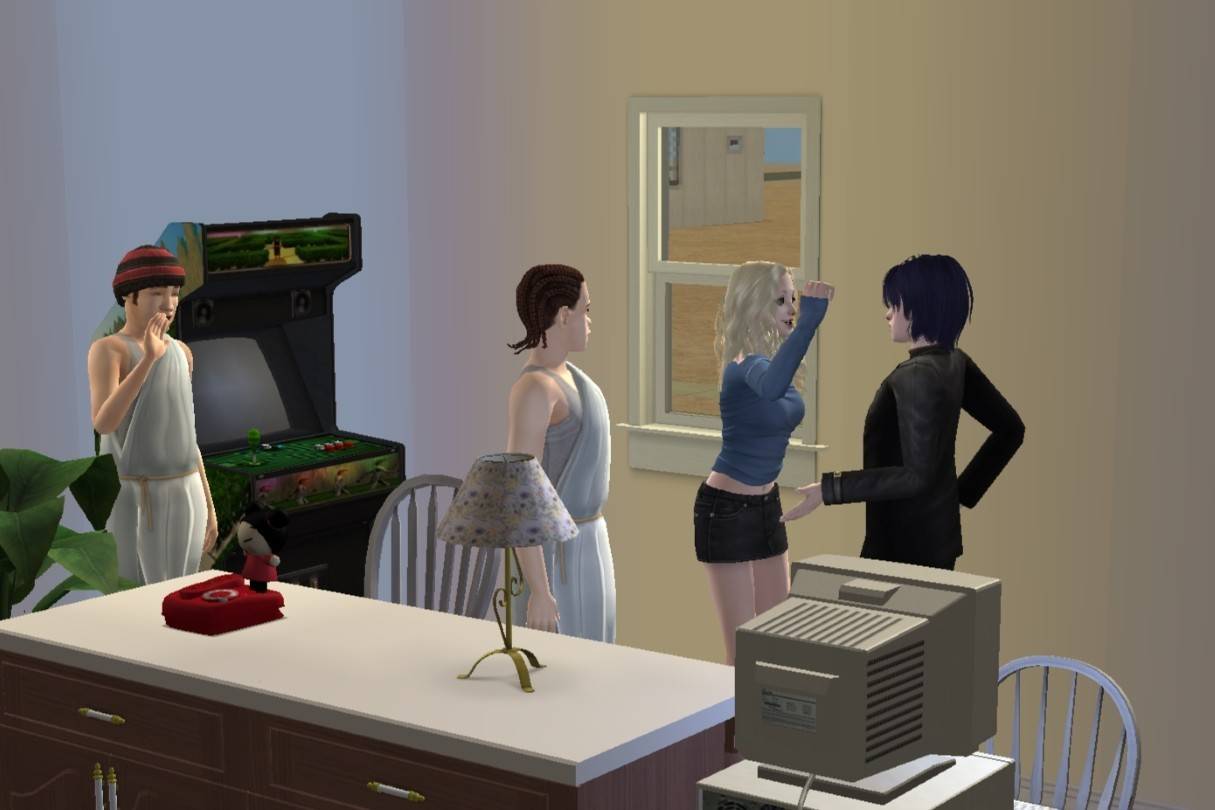 Image: ensigame.com
Image: ensigame.com
With The Sims 2: University, teens could transition into young adulthood by attending college. Living in dorms or private residences, they balanced academics across ten majors with social life. Graduation unlocked advanced career opportunities, making higher education a gateway to success.
Nightlife
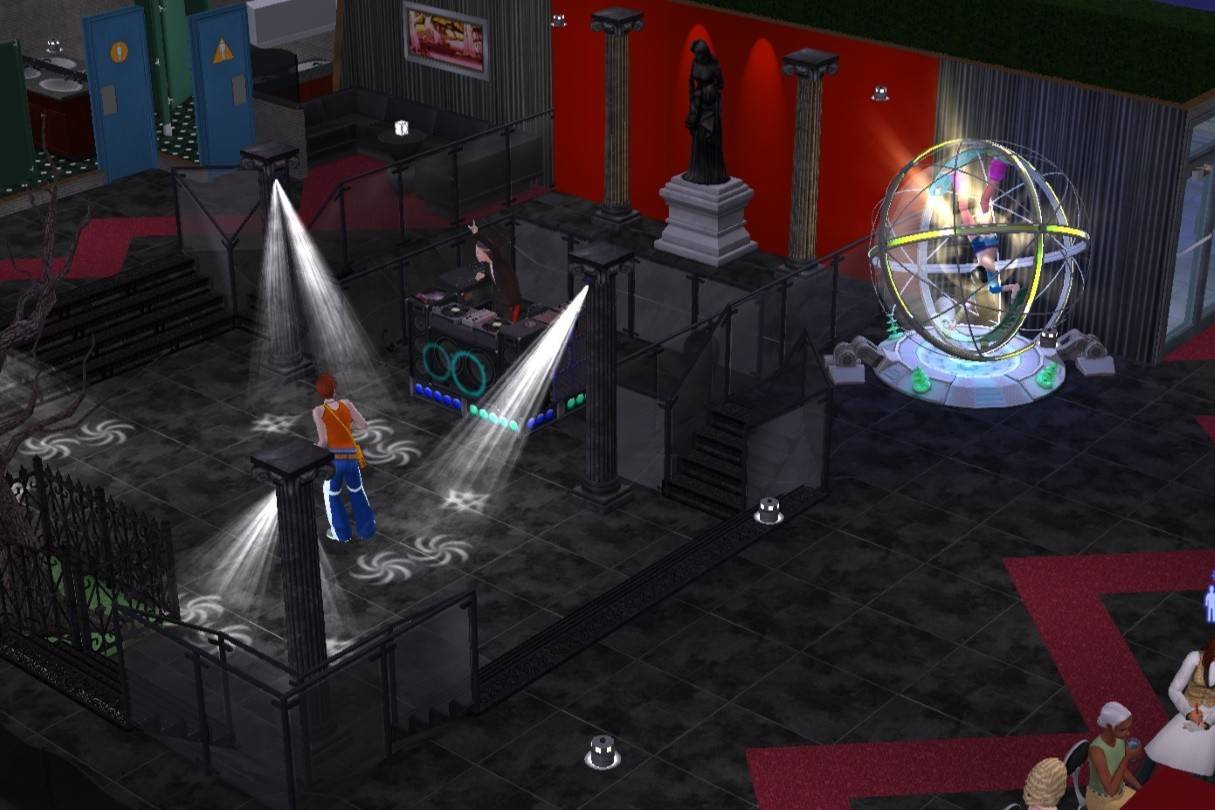 Image: ensigame.com
Image: ensigame.com
This expansion introduced inventories, new social interactions, and over 125 objects. Romantic pursuits became dynamic, with NPC dates leaving gifts or hate letters based on the evening's outcome. New characters like DJs, a Gypsy matchmaker, Mrs. Crumplebottom, and vampires enriched the game.
The Excitement of Apartment Life
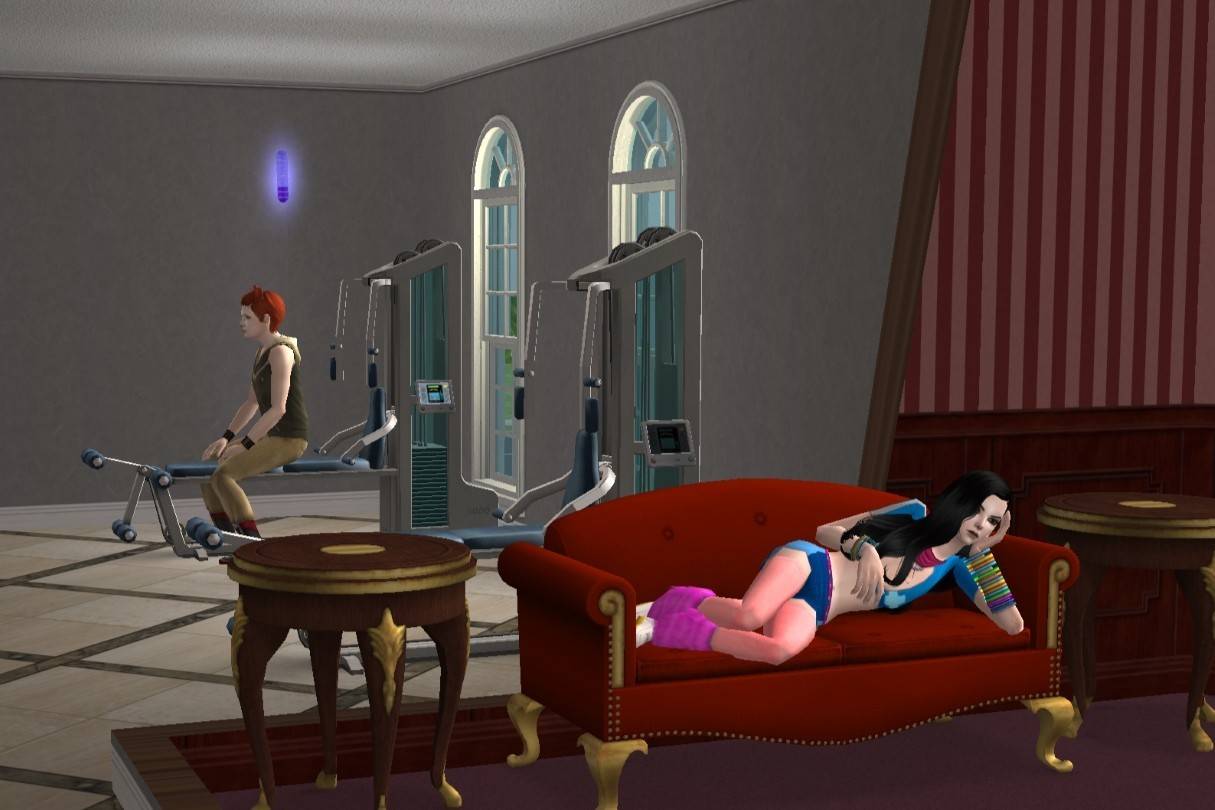 Image: ensigame.com
Image: ensigame.com
As the final expansion for The Sims 2, Apartment Life introduced urban living. Sims could move into apartments, fostering new friendships, career connections, and romances. From raising kids near playgrounds to socializing in coffee shops, city life was full of opportunities.
Memories That Last, Love That Doesn’t
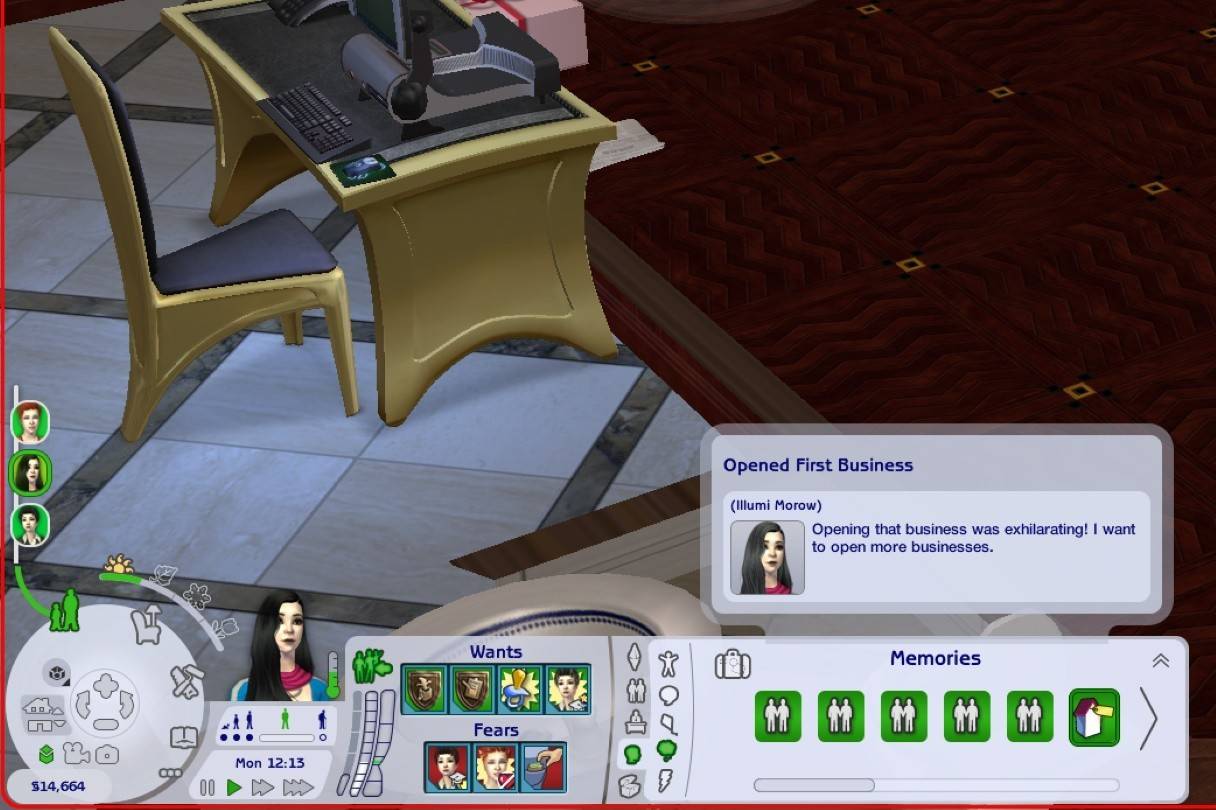 Image: ensigame.com
Image: ensigame.com
The Sims 2's memory system allowed Sims to remember major life events, shaping their personalities and interactions. Unrequited relationships added realism and drama, with Sims experiencing deep feelings that went unreciprocated.
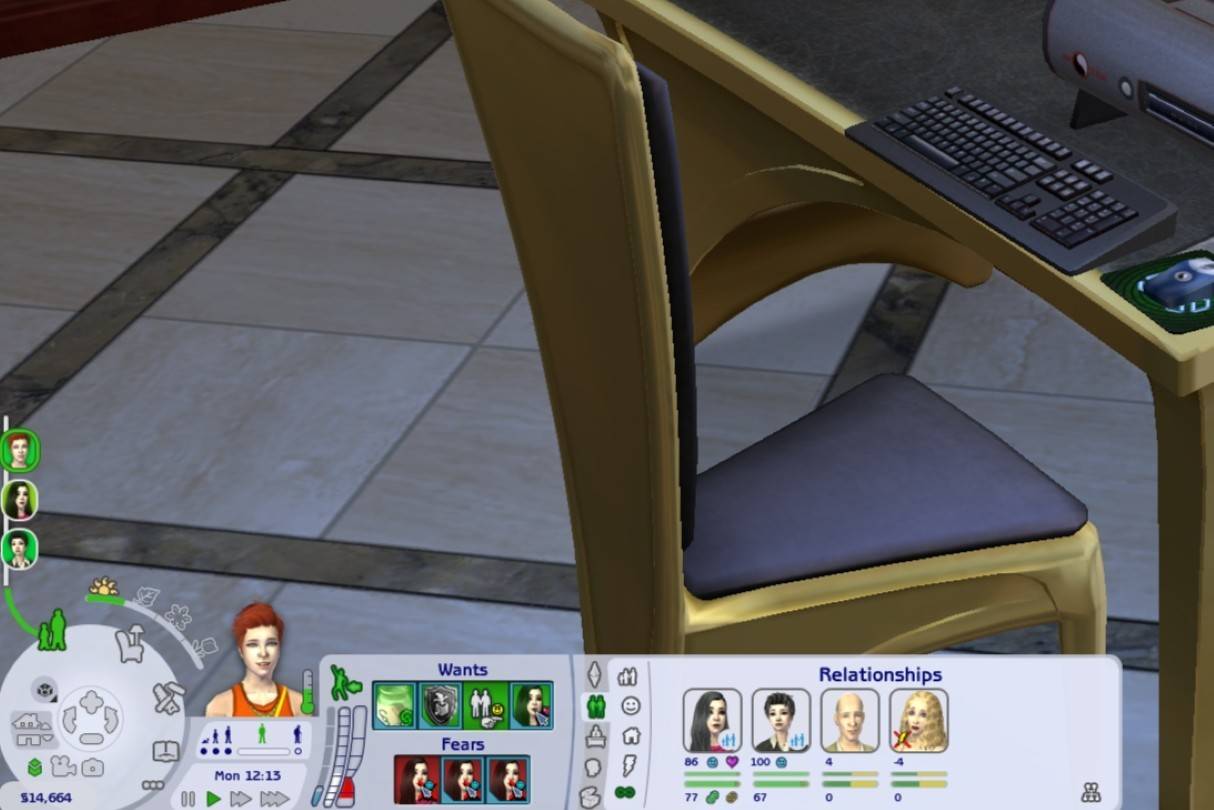 Image: ensigame.com
Image: ensigame.com
Functional Clocks
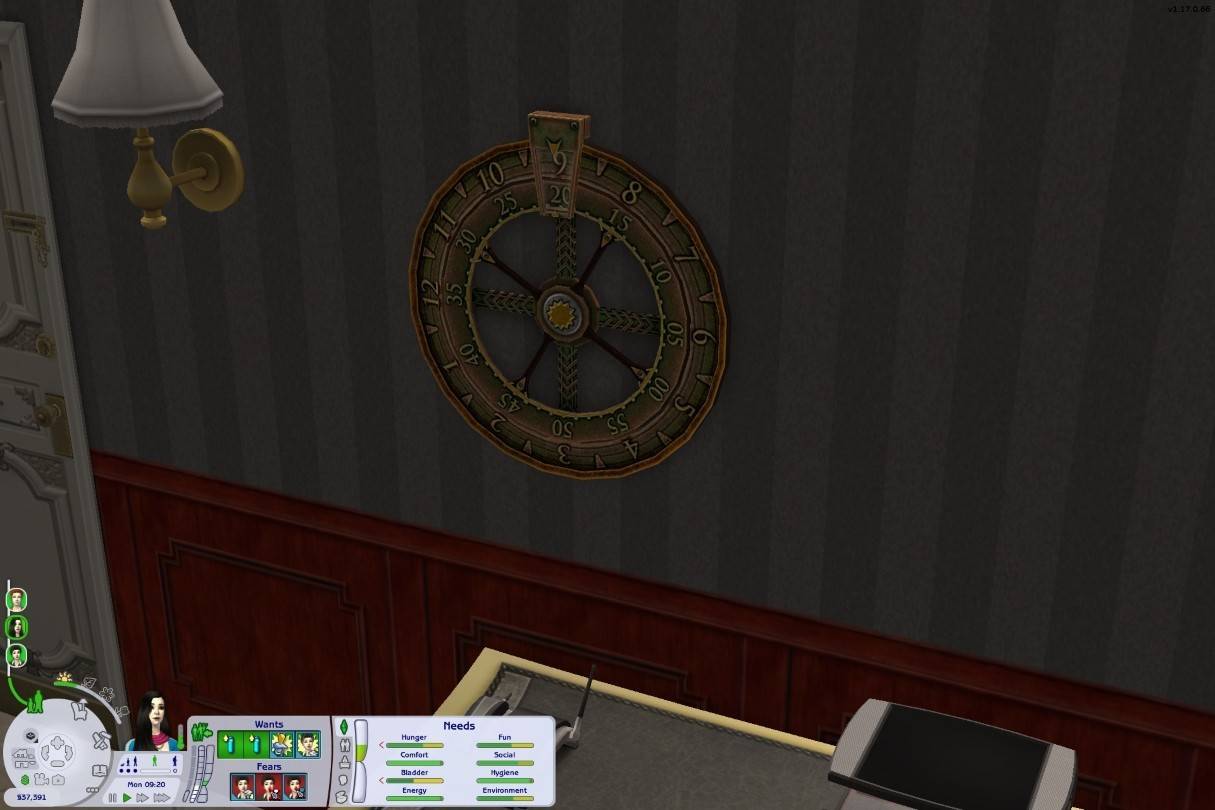 Image: ensigame.com
Image: ensigame.com
Clocks in The Sims 2 displayed in-game time, allowing players to track hours without relying on the interface, adding a practical touch to gameplay.
Shop ‘Til You Drop
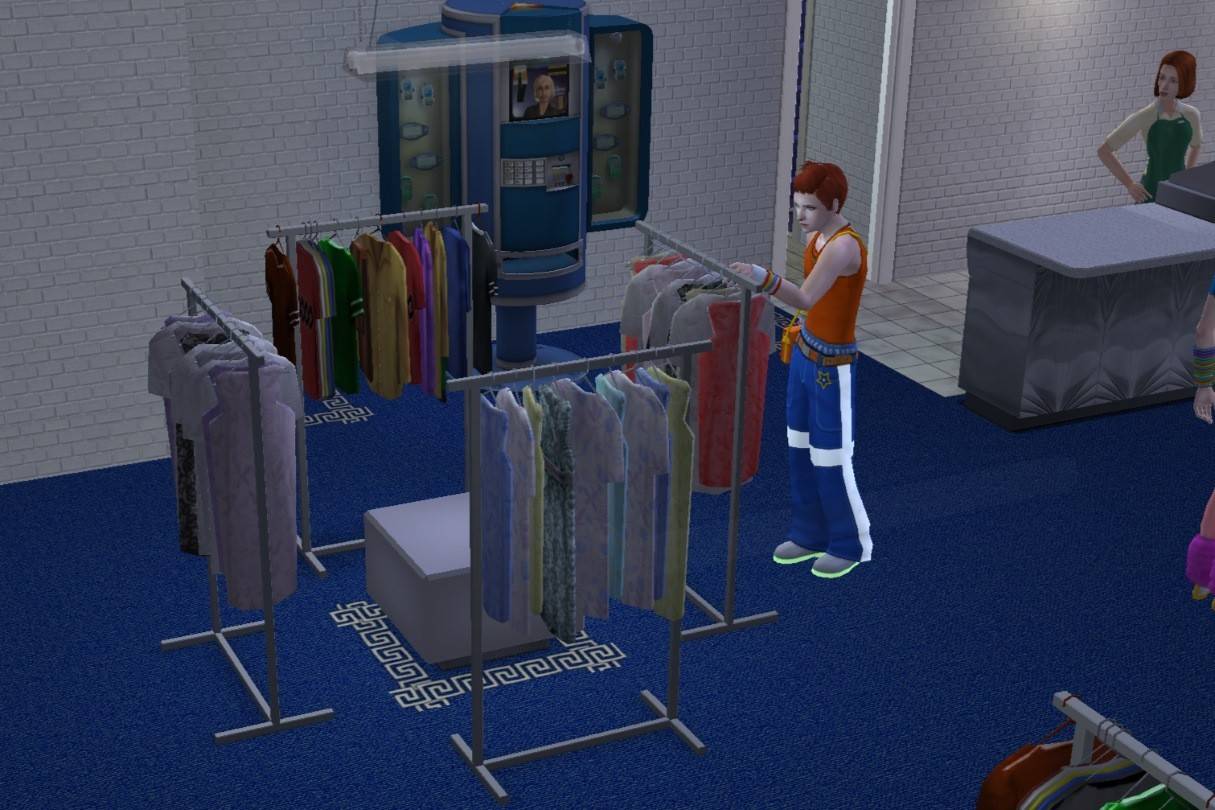 Image: ensigame.com
Image: ensigame.com
Unlike later games, The Sims 2 required Sims to shop for food and clothing. Refrigerators didn't magically refill, and newly aged-up Sims needed new wardrobes, adding realism to daily life.
Unique NPCs
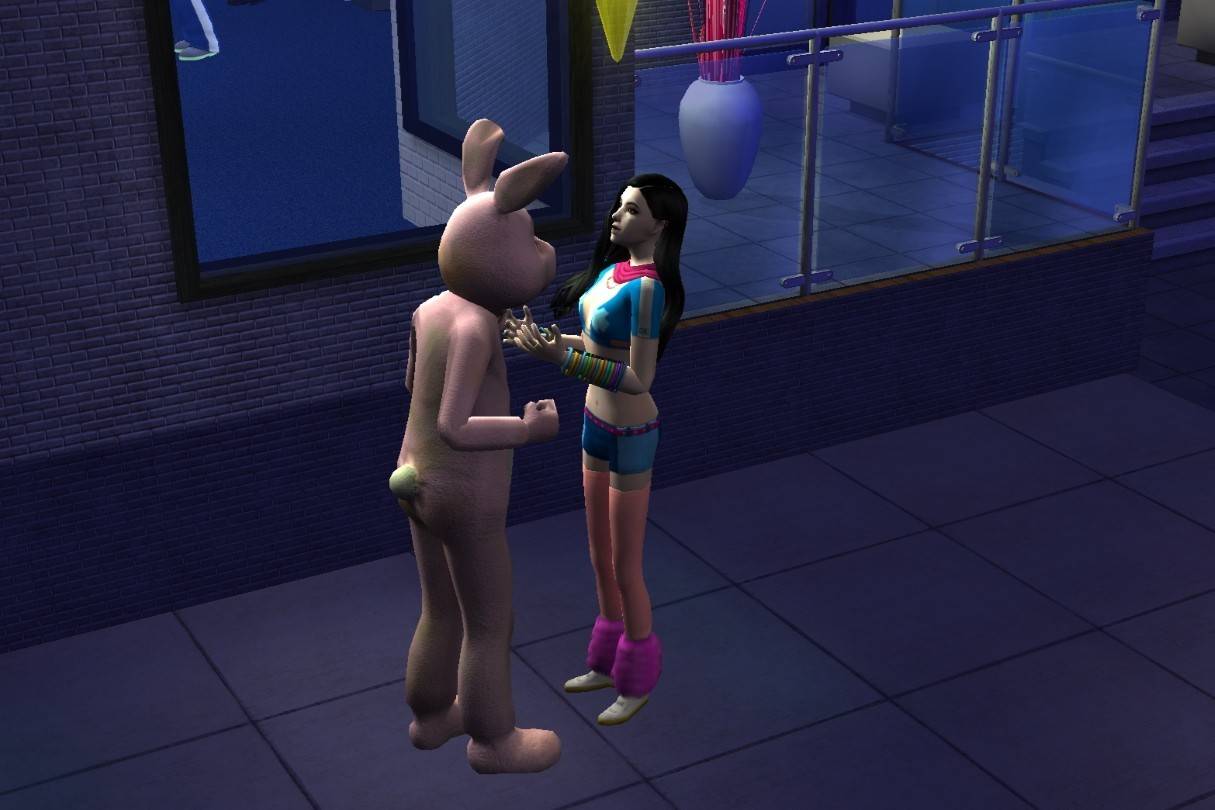 Image: ensigame.com
Image: ensigame.com
The Social Bunny appeared when a Sim's social needs dropped, offering companionship. The Therapist intervened during breakdowns, adding depth to NPC interactions.
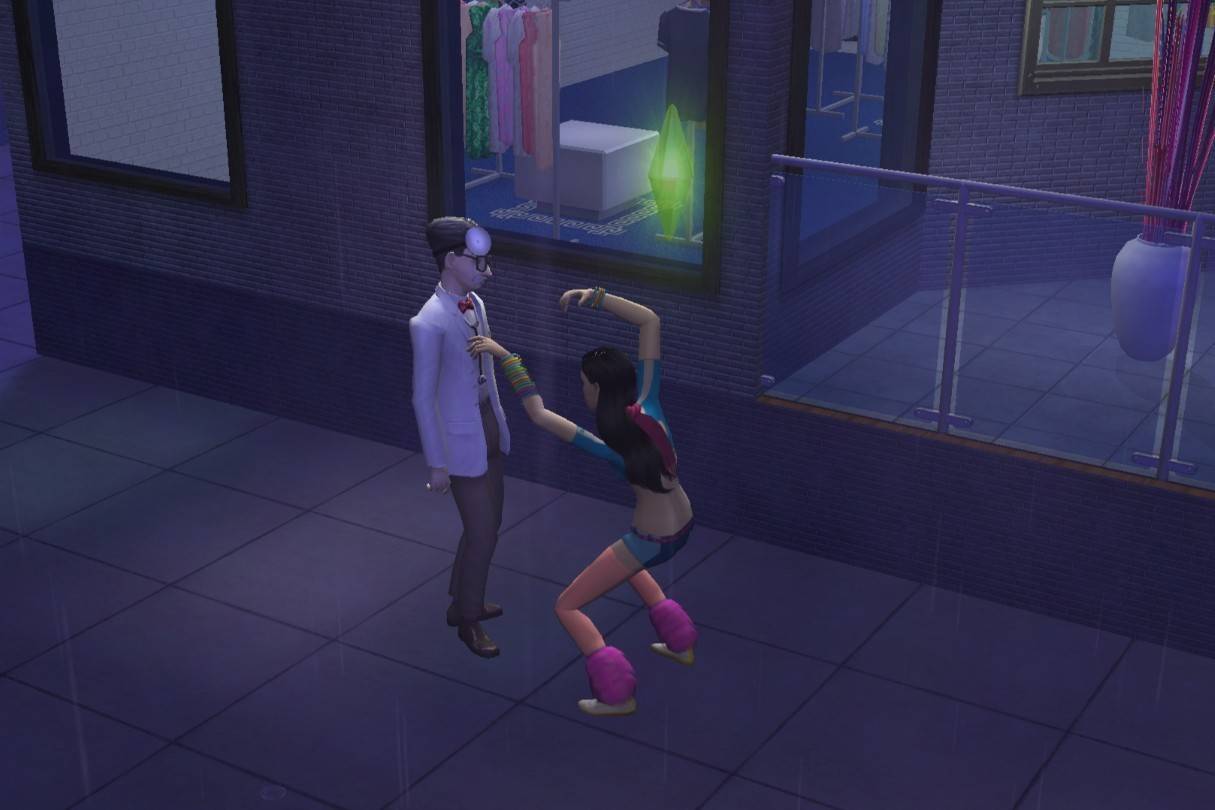 Image: ensigame.com
Image: ensigame.com
Unlocking Hobbies
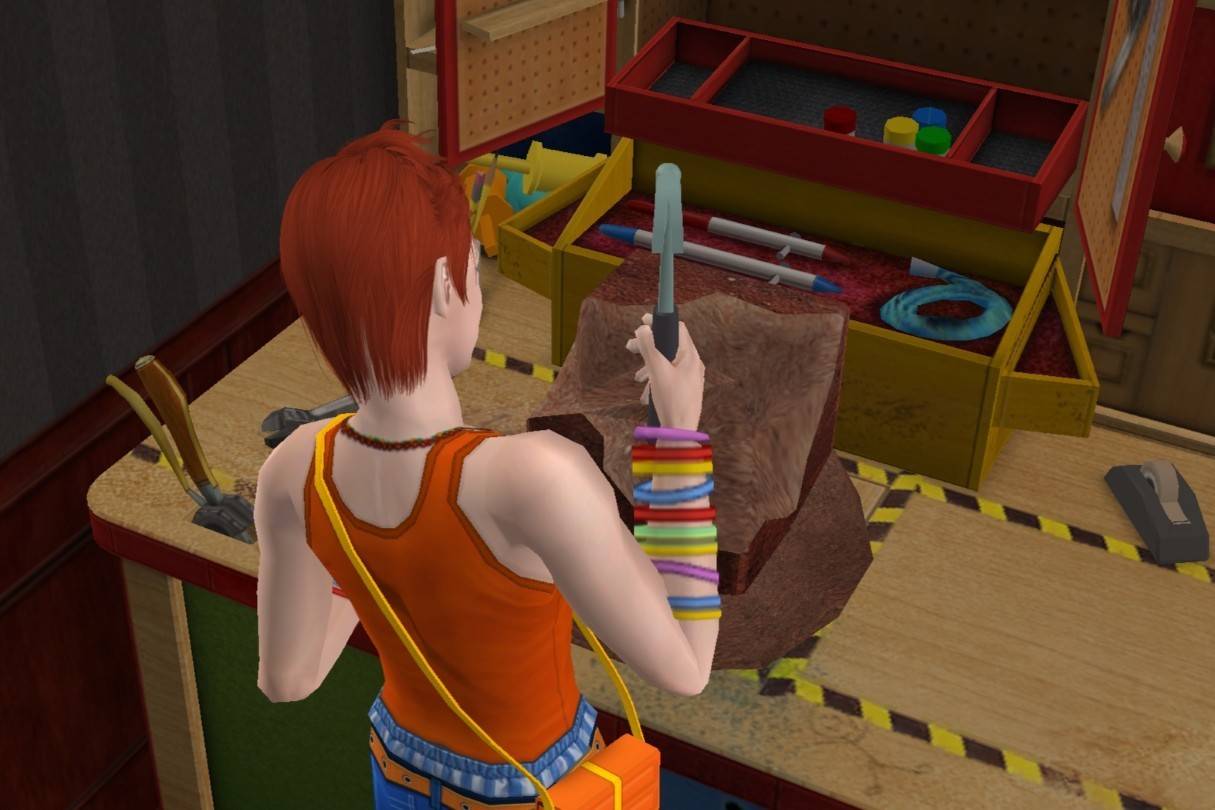 Image: ensigame.com
Image: ensigame.com
With FreeTime, Sims could pursue hobbies, from football to ballet, fostering skill-building and friendships. Excelling in hobbies unlocked secret rewards and exclusive career opportunities.
A Helping Hand
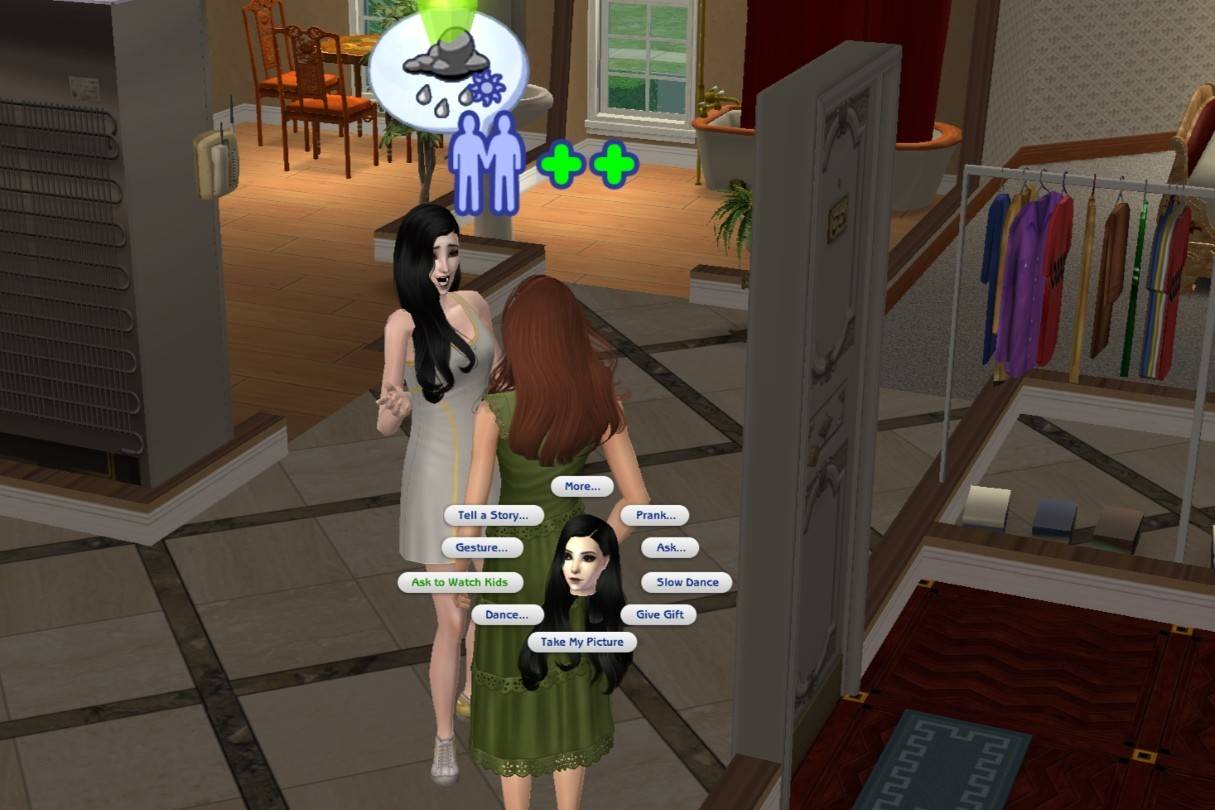 Image: ensigame.com
Image: ensigame.com
If a Sim had a strong relationship with a neighbor, they could ask for help with childcare, offering a personal alternative to hiring a nanny.
The Sims 1 & 2 were groundbreaking in their depth, creativity, and the wealth of unique features they introduced. While we may never see all these features return, they remain a nostalgic reminder of the unique experiences that made the Sims franchise so special in its early days.

 Image: ensigame.com
Image: ensigame.com Image: ensigame.com
Image: ensigame.com Image: ensigame.com
Image: ensigame.com Image: ensigame.com
Image: ensigame.com Image: ensigame.com
Image: ensigame.com Image: ensigame.com
Image: ensigame.com Image: ensigame.com
Image: ensigame.com Image: ensigame.com
Image: ensigame.com Image: ensigame.com
Image: ensigame.com Image: ensigame.com
Image: ensigame.com Image: ensigame.com
Image: ensigame.com Image: ensigame.com
Image: ensigame.com Image: ensigame.com
Image: ensigame.com Image: ensigame.com
Image: ensigame.com Image: ensigame.com
Image: ensigame.com Image: ensigame.com
Image: ensigame.com Image: ensigame.com
Image: ensigame.com Image: ensigame.com
Image: ensigame.com Image: ensigame.com
Image: ensigame.com Image: ensigame.com
Image: ensigame.com Image: ensigame.com
Image: ensigame.com Image: ensigame.com
Image: ensigame.com Image: ensigame.com
Image: ensigame.com LATEST ARTICLES
LATEST ARTICLES 